I-DAIR receives IDRC grant to promote responsible and gender-responsive AI in global health
The International Digital Health and AI Research Collaborative (I-DAIR) has been awarded a four-year CAD 1.2 million grant by Canada’s International Development Research Centre (IDRC) to improve the implementation of responsible and gender-responsive AI in global health in low and lower-middle-income countries (LMICs).
Through this grant, I-DAIR and its research hubs and partners in LMICs will collaborate with IDRC to improve the implementation of responsible and gender-responsive AI across a wide variety of contexts in two specific areas: a) epidemic/pandemic preparedness and response and b) sexual, reproductive, and maternal health.
The project will focus on co-creating and co-validating a governance mechanism, including processes and tools, to apply existing international principles and norms in LMIC contexts. Built around engagement with a wide range of stakeholders, it will support the exchange of insights and assets with and from diverse geographies to foster a global transdisciplinary community that will increase the number, diversity and contextual-specificity of trusted governance tools.
In line with IDRC and I-DAIR policies, the governance mechanism will be available to the global community of AI researchers and implementers as a global good. Ultimately this grant will enrich the international research agenda and regulatory discussions with experience and research from LMICs and create a deepened understanding and capacity of not only the what but the how of implementing responsible and gender-responsive AI in low-resource contexts.
“We believe the potential for AI to strengthen health systems – currently strained to their limits – can be realized only through deepening our understanding of the practice of responsible AI in low-resource settings to ensure that its applications are ethical, respect privacy, and are inclusive in their benefits.”
“As part of a 15.5 CAD investment in AI for Global Health, IDRC is keen to embark on this collaborative and Southern-led journey with I-DAIR. We believe the potential for AI to strengthen health systems – currently strained to their limits – can be realized only through deepening our understanding of the practice of responsible AI in low-resource settings to ensure that its applications are ethical, respect privacy, and are inclusive in their benefits.”, concurred Naser Faruqui, IDRC Director of Education and Science, and John Dusabe-Richards, IDRC Director of Global Health.
“We are deeply honored to partner with the IDRC. It is an exciting opportunity to land in context AI principles such as those authored recently by WHO and UNESCO”, said Dr. Amandeep Gill, formerly I-DAIR’s CEO and Project Director and thought leader behind the governance mechanism. “Governance innovation lags behind digital innovation. With IDRC support, we intend to build a community of governance innovators that collaborates and pools knowledge and evidence to advance responsible AI, gender-responsiveness and inclusion.”
Current I-DAIR CEO and Project Director Dr. Mehdi Snene stated, “It is a unique opportunity to collaborate with LMIC researchers who implement transdisciplinary projects between AI and health. This is an occasion to understand how the operationalization of the principles of governance could be done in various contexts and how to make it available to the larger community.”
As part of Canada’s foreign affairs and development efforts, the International Development Research Centre (IDRC) champions and funds research and innovation within and alongside developing regions to drive global change.
The International Digital Health & AI Research Collaborative (I-DAIR) is an independent global platform based in Geneva with the mission of enabling and improving access to inclusive, impactful, and responsible research into digital health and artificial intelligence for health.

